Highlighting faculty professional activities, including conferences, exhibitions, performances, awards, and publications.
-

-

After exploring many options, considering ideas and concerns from the Haverford and Bryn Mawr communities, and consulting with infectious disease specialists and medical system leaders, the two Colleges have decided to start the semester Tuesday, Sept. 8, barring any upsurge of COVID-19 infections or government limitations.
-

Strong-Leek, the provost, vice president for diversity and inclusion, and professor of women’s and gender studies at Berea College, will start August 25 as current Provost Fran Blase transitions back to the chemistry classroom.
-
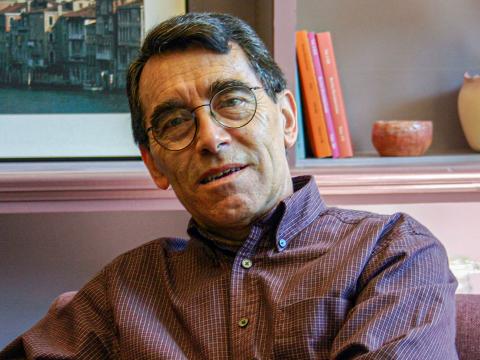
The professor emeritus of Spanish died May 2 in Philadelphia.
-

The canine buddies of faculty and staff are a regular—and beloved— presence on campus.
-
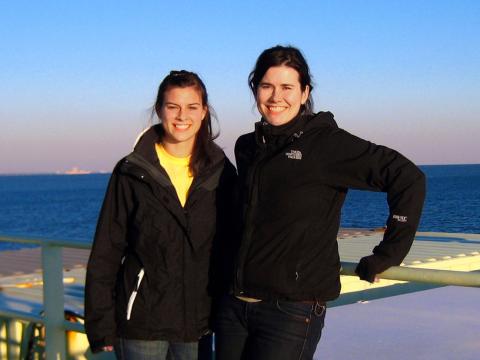
The associate professor of chemistry and environmental studies was part of a team that wrote a review article in Nature, documenting the discoveries related to the largest single accidental release of oil and gas into the ocean.
-

A collection of video messages from—and conversations with—Haverford College President Wendy Raymond and faculty during this semester of remote learning and social distancing, as well as conversations with alumni fighting the disease on the front lines.
-

Highlighting faculty professional activities, including conferences, exhibitions, performances, awards, and publications.
-

This writing seminar focuses on how British and American culture has defined the child since the 18th century, tracing the ever-evolving definitions of childhood through books, games, and toys of different periods.
-

The pre-spring break iteration of the Office of Academic Resources’ Reading Rainbow book-advocacy series featured students, faculty, and staff recommending books that helped them “overcome a sense of powerlessness.”
-
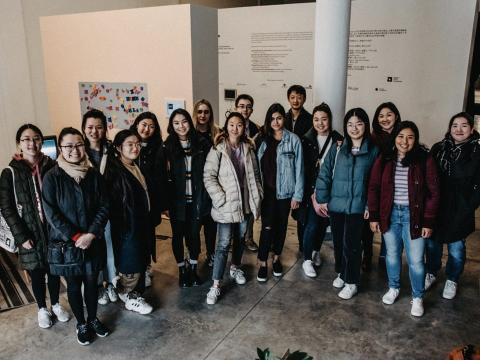
This seminar course addresses major theories and findings in Asian American psychology, with a focus on immigration and acculturation, ethnic identity, stereotyping and discrimination, families and development, and mental health.
-

This chemistry course introduces students to the rules of thermodynamics and then uses them to explain and predict things at many levels, from systems as small as atoms and molecules to the entire planet.
-
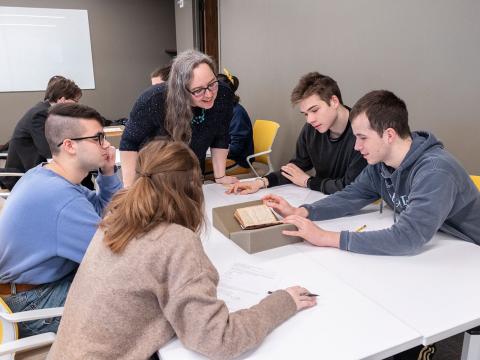
This astronomy course provides an introduction to both modern and ancient astronomy, and provides a framework to discuss the nature of science and astronomy.
-
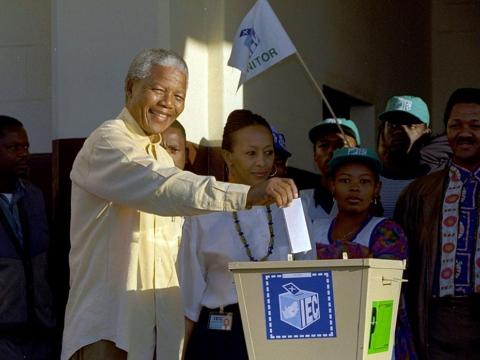
This anthropology course, co-taught by this semester’s Friend in Residence, engages with issues, theories, and methodologies of nonviolent and violent struggles, peace negotiations, transitional justice, post-conflict reconstruction, and peacebuilding by looking at South Africa as a case study.
-
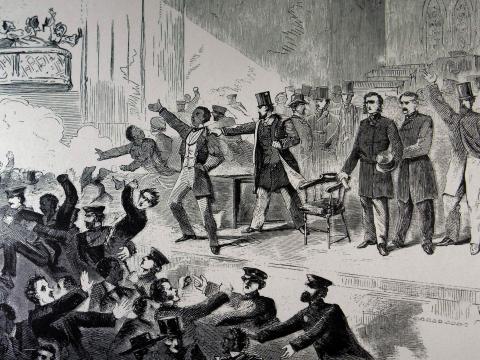
This interdisciplinary English course examines the visual politics of literatures of bondage, focusing on colonial Brazil/Amazon, the cross-temporal Indian Ocean World, and our contemporary moment of globalization.